 By: Veneta Andonova y Mauricio Losada
By: Veneta Andonova y Mauricio Losada
Although it is no longer new the follow-up of multinational companies in emerging countries, its study is relatively a new interest in literature that specializes in international businesses. This interest is due to a certain fact that is that up until a few years ago, the purchase of companies abroad was almost the exclusive power of developed countries multinational companies, but currently many firms of emerging economies have consolidated as multinational leaders in their sectors, buying companies in highly competitive markets. Some of those cases are: Cemex, the Mexican cement producing company that today is the second cement company in the world, Companhia Vale do Rio Doce (CVRD), the Brazilian mining company and Embraer, the Brazilian manufacturer of aircraft. These multinational companies of a Latin American source are examples of the Multilatinas.


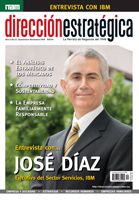
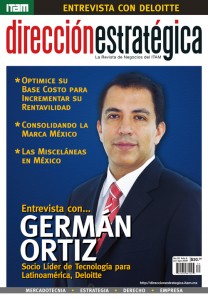
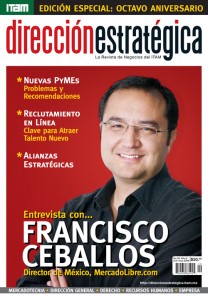
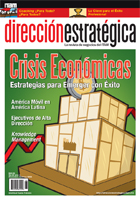

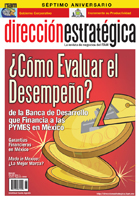
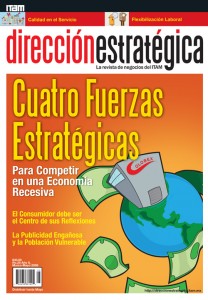
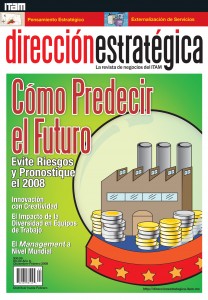
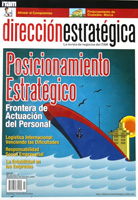


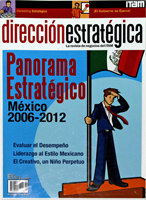
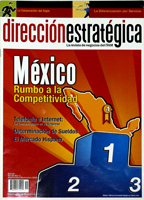

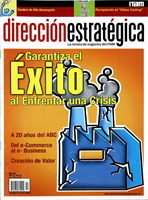


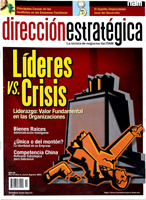






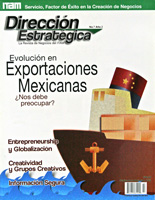

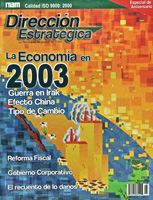


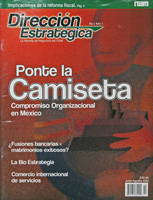

The World Might Be Flat, But Without a Strategy It is Still a Dangerous Place
By: Giulio Chiesa
Thoughts on a difficult concept: thinking strategically.
Among the concepts that make up a company’s management and administration, the one that has caused more controversy in both the business and academic world is strategy. I remember that it started to infiltrate the industrial and commercial field at the end of the sixties. I came across it during a violent positioning struggle between the four giants of the American chemical sector and the pharmaceutical companies, which were the first to show a disturbing ability to take over competitors. Bruce Henderson from the Boston Consulting Group started this revolution with his “Growth-Share Matrix” and the “Experience Curve”, which shook corporations and universities to the core.
(read more…)